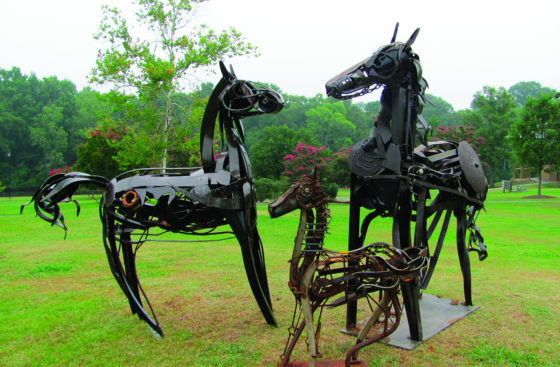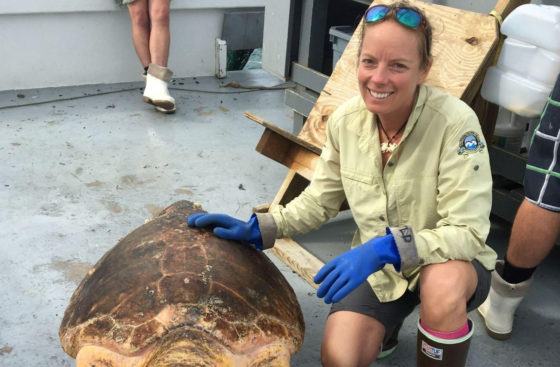In the Community
Volunteers: Boards and More
December 19, 2012Virtually every nonprofit board has a group of volunteers providing leadership—a Board of Directors or a Board of Trustees. Some nonprofits also have volunteers helping in some way to carry out the program of work in place of paid staff—perhaps delivering meals, or tutoring, or coaching, or doing bookkeeping, or walking dogs or grooming horses. In each case, volunteers are some of the best ambassadors an organization has. They all care. They tell people they care. They make financial gifts. And they lend their name to the effort—something of tremendous value in and of itself.
So, if a certain number of volunteers is good, it makes sense that having more volunteers is even better! How so?
·If a nonprofit can find ways to add more volunteers, it is adding more champions and advocates for its mission.
·Each new volunteer can provide entre to one or more new networks of people who can then access the nonprofit’s message.
·Each new volunteer can mean more gifts—people tend to donate dollars where they donate time.
·Volunteers make a good group from whom to recruit new board members. They have already developed an allegiance to and knowledge of the organization.
What may not be clear is how to create opportunities to use more volunteers, and how to keep them engaged and interested.
Advisory Councils or Committees
One way to engage volunteers is through the use of advisory councils. These are groups of volunteers dedicated to assisting the nonprofit in any one of a number of specific ways, through the use of their specialized expertise and interest. While there is generally board representation in such groups, this method provides for more brainpower, experience, and even elbow grease to accomplish the work of the nonprofit, while expanding reach as indicated in the three bullet points above.
Depending on the mission of the nonprofit, such councils could cover anything from real estate, to medical expertise, to areas of artistic endeavor, to government relations. And in the case of most nonprofits, councils/committees could always be helpful in areas such as marketing, fund development, event-planning, finance/investment/audit, and nominations. Special tasks, such as a momentous anniversary, a capital campaign, or the major expansion of a program might also lend themselves to leadership by an advisory council/committee.
Such groups are established to make recommendations to the Board of Directors/Trustees rather than decisions on their own, so the legal responsibility for the work still rests with the Board. But research, strategy, planning—much of that initial work can be lifted from the board/staff and therefore the load can be lightened for all. These groups can also support the efforts of the staff more directly (joining staff on visits to funders, for example), than boards often have time to do.
Things to Consider
1. What needs of the organization lend themselves to support from an Advisory Council/Committee?
2. What would be the duration of such a group? Short-term/ad hoc? Long-term/permanent?
3. Can the purpose of the council/committee be clearly defined? This will be critical to keeping volunteers engaged.
4. Does the nonprofit have a plan for recruiting volunteers and matching their interests and skills to organizational needs?
5. Are there sufficient board and/or staff members to be a liaison and provide training, coaching, support, and information to the groups involved?
6. Can someone take minutes so that accurate records of activities and decisions are kept?
7. Has a plan for celebration of the successes of the volunteers, both individually and collectively, been developed? Recognition of the time and expertise involved is important to the relationship between the organization and the volunteer. And the relationship means either a positive public relations benefit from having this volunteer, or a negative one.
Finding Volunteers
There are the usual ways to find volunteers; newspaper ads, notices in brochures and annual reports, and cocktail-party conversation are a few of the most common. Social media such as Facebook and Twitter have recently been added to the mix.
Fortunately, the Community Foundation of the Lowcountry is making this process, both for nonprofits needing volunteers, and for potential volunteers looking for ways to serve, easier. “Lowcountry Volunteer Connections,” an initiative of the Community Foundation, connects people with opportunities to volunteer, learn and lead in their communities.
Nonprofits should contact Lindsay Dodge at 843-681-9100 to learn about posting volunteer opportunities—including board and advisory council/committee work!
Hopeful volunteers should visit our website at www.cf-lowcountry.org to Choose a Cause and Make and Effect! Consider leadership opportunities as well as one-time and on-going volunteer staff support. There are many, many needs, and never enough people.
If you want someone from the Community Foundation come to explain this new initiative to your organization, please do not hesitate to contact us. And do it sooner rather than later. In the nonprofit sector, volunteering is a needed service—every day. And of course, in fulfilling this everyday matter, EVERY DAY MATTERS.



